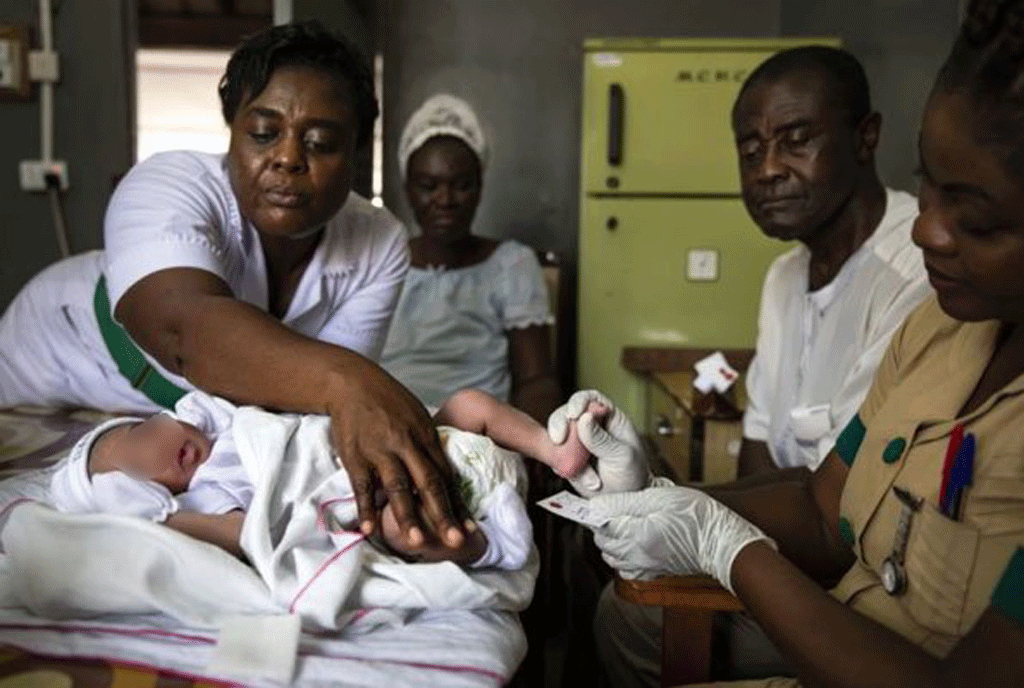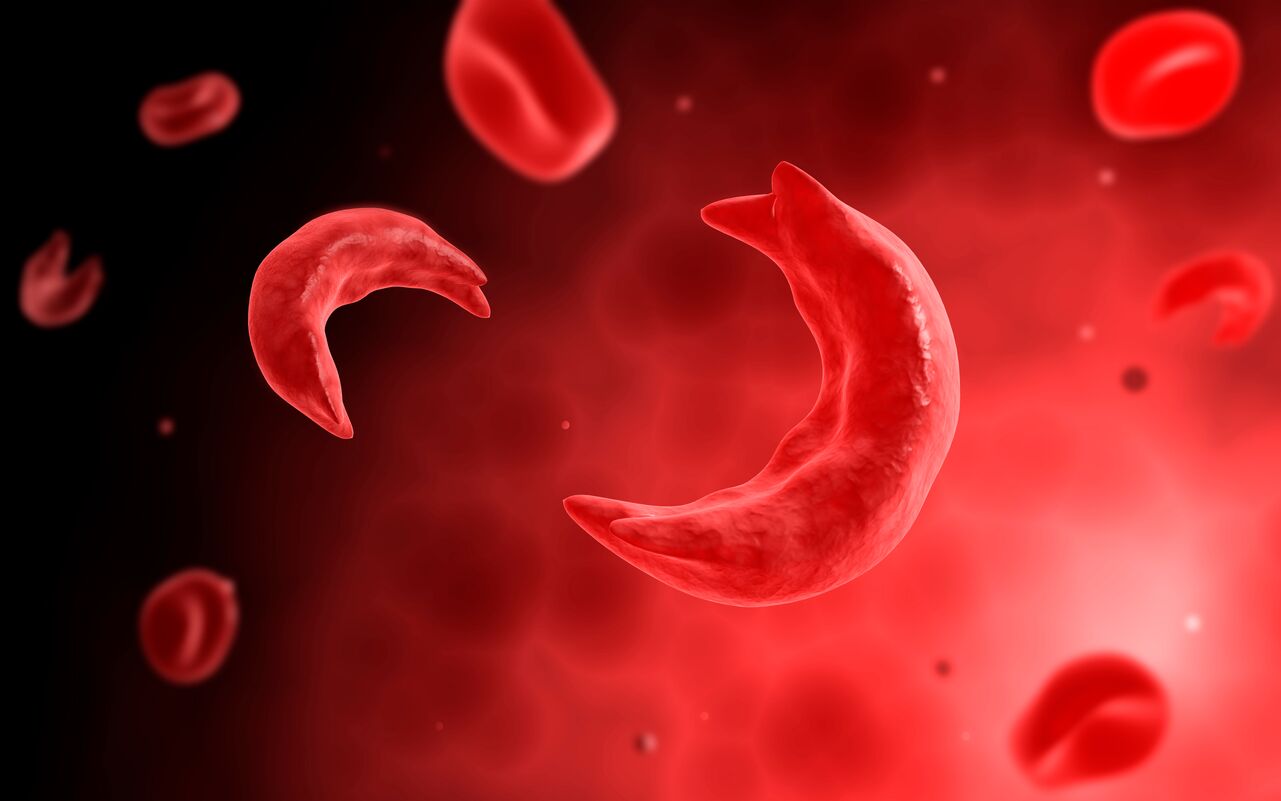Prime
Experts advise couples to test for Sickle Cell disease

Sickle cell is an inherited red blood cell disorder caused by an abnormality of the hemoglobin. PHOTO/FILE
What you need to know:
- More than 250,000 Ugandans currently have sickle cell disease, according to Health Ministry data. About 20,000 children are born with the disease every year. But less than half of this number die before reaching their fifth birthday because of gaps in care, especially in the rural areas.
Couples have been cautioned to always test for Sickle Cell Disease (SCD) to curb numbers of people living with the disease.
While interacting with reporters on November 27 ahead of today’s Sickle Cell Disease stakeholders’ engagement, health experts led by Dr Phillip Kasirye, the Head of Mulago Hospital Sickle Cell Hospital said, couples should know their status to reduce the number of children born with the disease.
“If a person who does not have Sickle Cell classified as [AA], marries the one whom has it classified as [SS], they have 50 percent chances of giving birth to children who are carriers classified as [AS] and [SS],” Dr Kasirye said.
Adding: “But if AA marries AS or SS, there are chances that among your children, there will be an SS and that is why we encourage young couples to always test for Sickle cell, the same way you test for HIV/Aids so that you make informed decisions,” he said.
Sickle Cell Disease is an inherited red blood cell disorder, where red blood cells instead of growing in a round form, grow in sickle-shapes, which blocks the flow of blood in the body, leading to repeated pain crises, anaemia, infections, and deaths.
Minstry of Health data shows around 20,000 children are born with the disease yearly and more than 250,000 Ugandans currently have sickle cell disease. Of the children with the disease, about 50 percent to 80 percent, health experts say, die before reaching their fifth birthday partly because of gaps in care with those in rural areas most affected.
“And this number has increased because every year, 20,000 babies are born with sickle cell disease,” Dr Ruth Namazzi, a paediatric haematologist and a senior lecturer at Makerere University College of Health Science, said.
Dr Kasirye added that the manpower to manage the disease is still small because there are only 19 haematologists to manage such patients. Of the 19 haematologists, 14 are specifically for children and are based in Kampala, and Western Uganda.
Clerics weigh in
Pastor Martin Sempa of Makerere Community Church on November 27 told this publication that he supports the proposal.
“Whoever is involved in uniting couples should be able to ask for such information. Not only the church leaders but also even couples. The information is not for the basis of the church but for the benefit of the couple and the church is an institution that helps the couple in decision-making,” Pastor Sempa said.
“For consent to take place, you need full disclosure and it involves exploration, which means showing information available. The birth of children is very important in getting married. Africans, the issue of children is very key,” Pastor Sempa said.
Likewise, Ms Florence Nassanga Musoke, the chairperson of Interfaith Women of Uganda, said discussing sickle cell results before marriage is a responsibility for the couple.
“The results allow couples to be aware of potential genetic risks. It also promotes open communication and informed decision-making about future family planning, ensuring both partners are well informed about the potential implication of their children’s health,” she said on November 27.
250,000 Patients.
More than 250,000 Ugandans currently have sickle cell disease, according to Health Ministry data. About 20,000 children are born with the disease every year. But less than half of this number die before reaching their fifth birthday because of gaps in care, especially in the rural areas.




